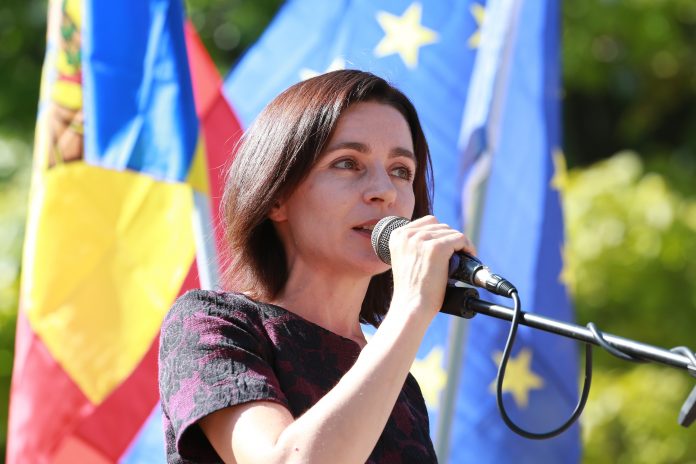The decision of the Moldovan government to reverse the practice, approved by the Supreme Court in 2014, of allowing Moldovans residing abroad to vote with expired passports, denies several hundred thousand citizens their constitutional right to vote. A ban on voting with expired passports and a ban on voting with valid national IDs abroad is a clear voter suppression tactic employed by the government to benefit the pro-Russian and pro-oligarchic parties in Moldova. It is all the more disconcerting, given that previous elections have proven that the vast majority of voters in the diaspora are pro-western and pro-democracy.
Ironically, Moldovans can now travel to Turkey with national IDs, but cannot vote with the same national IDs abroad, only within Moldova. National IDs have a longer validity span, unlike passports. Despite Moldova having an electronic voter registry that confirms every citizens’ right to vote and makes multiple voting by one person virtually impossible, the government rejected all pleas from the diaspora to allow voting either with expired passports or national IDs. This leaves all too many civically engaged Moldovans out of the political process, casting a shadow over the legitimacy of election outcomes.
Similarly, legitimacy and fairness are questioned by the decision to open fewer polling stations (125) than were budgeted (150). The decision to open some polling stations in places were few Moldovans reside and refusal to open a few more much-needed polling stations in large European and American cities (Dublin, London, Paris, Rome, Bologna, Chicago etc) is another blatant voter suppression tactic. Not to mention that out of twelve polling stations in the U.S., eight are in Baptist Churches. While one of the main contenders running in that constituency (a current lawmaker from Vladimir Plahotniuc’s coalition), happens to be a Baptist pastor. At the same time, the number of polling stations (47) opened for residents of Transnistria in Moldova proper is much larger than in the 2016 presidential elections, when many people were bused in to vote for the President of Moldova Igor Dodon. Even more dubious, this time some polling stations are located far as Ungheni and Cahul on the border with Romania and far away from Transnistria, which means that voters will likely be bused in and corrupted, just as it was in 2016, but at a larger scale.
Intimidation of opposition candidates in Straseni, Nisporeni, Orhei, Briceni, and Chisinau a well as other districts and the rampant use of administrative resources is also casting a large shadow over the freedom and fairness of elections. The cancelling of silence day and the introduction of cameras in polling stations only exacerbates the already tense and unfair reality, creating even more conditions for voter fraud and intimidation.
A vicious smear campaign against Maia Sandu and Andrei Nastase
In the days upcoming to the election, Maia Sandu President of the opposition Party of Action and Solidarity (PAS) was subjected to yet another cruel personal attack, as pro-government media circulated a fake video questioning Maia Sandu’s sexual orientation. The smear attack video, allegedly filmed in Munich, was painstakingly rebuked by Maia Sandu. Luckily, around the same time, the pro-government troll-factory was shut down by Facebook, which confirmed that “the people behind this activity attempted to conceal their identities, our manual review found that some of this activity was linked to employees of the Moldovan government.”
At the same time, Andrei Nastase civic activist and leader of Dignity and Truth Platform Party (who has a spoiler candidate running against him with a similar name – Andrei Nastas in the 33rd constituency) is being constantly harassed by pro-government thugs, that repeatedly tried to sabotage and derail Andrei Nastase’s public meetings with voters.

